jib crane installation is a precision-driven task that involves engineering expertise, regulatory compliance, and hands-on industrial experience. Whether you’re implementing a freestanding jib crane, wall-mounted jib crane, or mast-type jib crane, selecting the right installation service provider is crucial for the long-term performance and safety of your system.
This guide walks you through what to look for in a qualified jib crane installation service provider, ensuring every decision you make is backed by experience, expertise, authoritativeness, and trustworthiness—the core principles of E-E-A-T SEO standards.
📌 Need to assess site readiness first? See Jib Crane Installation Requirements for Your Facility
Table of Contents
ToggleWhy Professional Jib Crane Installation Matters
A professional installer does more than anchor the crane. They ensure:
- Structural integrity of foundations and supports
- Correct positioning and leveling of the jib
- Compliance with OSHA and ANSI safety standards
- Proper electrical setup and hoist compatibility
- Post-installation load testing and certification
Hiring an unqualified provider can result in equipment failure, downtime, injuries, and violations.
Common Types of Jib Cranes Installed by Service Providers
Understanding your crane type helps in selecting a specialist with matching capabilities:
| Crane Type | Description |
|---|---|
| Freestanding Jib Crane | Floor-mounted with 360° rotation |
| Wall-Mounted Jib Crane | Mounted on walls or structural columns, 180° rotation |
| Mast-Type Jib Crane | Supported by both floor and ceiling without anchoring |
| Mast Mounted Jib Crane | Load shared between floor and low-ceiling support |
| Articulating Jib Crane | Features dual-arm movement for flexible load handling |
🛠 Browse for more jib crane products that your installer should be familiar with.
Top Qualities to Look for in a Jib Crane Installation Provider
1. Proven Industry Experience
Seek out contractors who:
- Have installed multiple crane types and capacities
- Can provide client references and project portfolios
- Understand unique configurations like articulating jib cranes
Ask for before-and-after installation documentation, including foundation preparation, crane mounting, and load testing.
2. Certification & Regulatory Knowledge
A qualified service provider should comply with:
- OSHA 1910.179 & Subpart N for material handling
- ANSI/ASME B30.11, B30.17, and B30.2 for jib cranes
- NFPA standards for electrical work
📚 Learn more in: Jib Crane Installation Standards: OSHA & ANSI Guidelines
3. Structural Engineering Support
The best providers work with or include:
- Licensed structural engineers
- CAD and BIM specialists for layout planning
- Soil and slab testing professionals for freestanding systems
This is especially critical for mast-type and wall-mounted jib cranes, where structural load assessments are essential.
4. Turnkey Services
Look for companies offering:
- Site evaluation
- Foundation and bolt setting
- Crane assembly and hoist mounting
- Electrical connection and testing
- Load certification and operator training
A full-service provider eliminates subcontractor confusion and ensures project continuity.
5. Transparent Cost Breakdown
Choose a vendor who can itemize:
- Materials and hardware
- Labor and equipment rental
- Load testing and certification
- Permit handling (if required)
Beware of lowball quotes that skip critical steps or compliance protocols.
💰 Planning a budget? Use this: Jib Crane Installation Checklist for Contractors & Teams
Questions to Ask Before Signing a Contract
- How many jib crane installations have you completed?
- What crane types are you most experienced with?
- Do you provide load testing and certification documentation?
- Can you handle both the mechanical and electrical aspects?
- What is your turnaround time, and do you offer warranties?
- How do you ensure compliance with OSHA and ANSI standards?
Their answers should give you confidence in their trustworthiness and technical expertise.
Common Red Flags When Evaluating Installers
| Red Flag | Why It Matters |
|---|---|
| No references or case studies | Lack of proven experience or track record |
| Vague or generic proposals | May cut corners on safety or standards |
| No post-installation testing | Violates compliance and reduces safety assurance |
| Subcontracting everything | Creates coordination issues and risk gaps |
| Avoids written documentation | Raises concerns on accountability and warranty |
Benefits of Choosing the Right Jib Crane Installer
✅ Faster commissioning – Smooth scheduling, fewer delays
✅ Better crane lifespan – Proper torqueing, alignment, and foundation
✅ Safety and compliance – Full OSHA/ANSI support
✅ Lower operating cost – Fewer breakdowns and service calls
✅ Peace of mind – Certified, tested, and documented work
Final Thoughts: Your Installer Is Your Partner
Selecting the right jib crane installation service is just as important as choosing the right crane. Whether you need a freestanding, mast-mounted, or wall-mounted jib crane, your provider must bring verified skills, regulatory knowledge, and project transparency.
Start by researching providers, verifying credentials, and comparing service scopes. When in doubt, choose teams with a proven track record in industrial crane installation, documentation, and safety training.
🛒 Ready to get started? See for more jib crane products to match with a qualified installer.
Explore More Resources:
- Jib Crane Installation Requirements for Your Facility
- Jib Crane Installation Checklist for Contractors & Teams
- Jib Crane Installation Standards: OSHA & ANSI Guidelines
The right partner makes your jib crane safer, stronger, and smarter. Choose wisely.

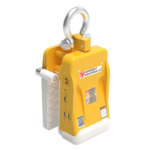
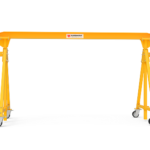
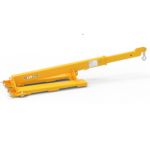
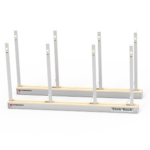
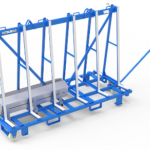

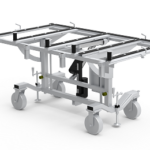
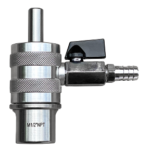
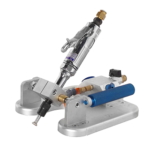
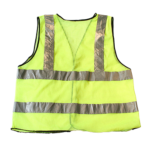
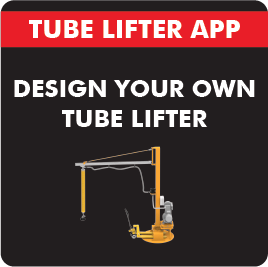
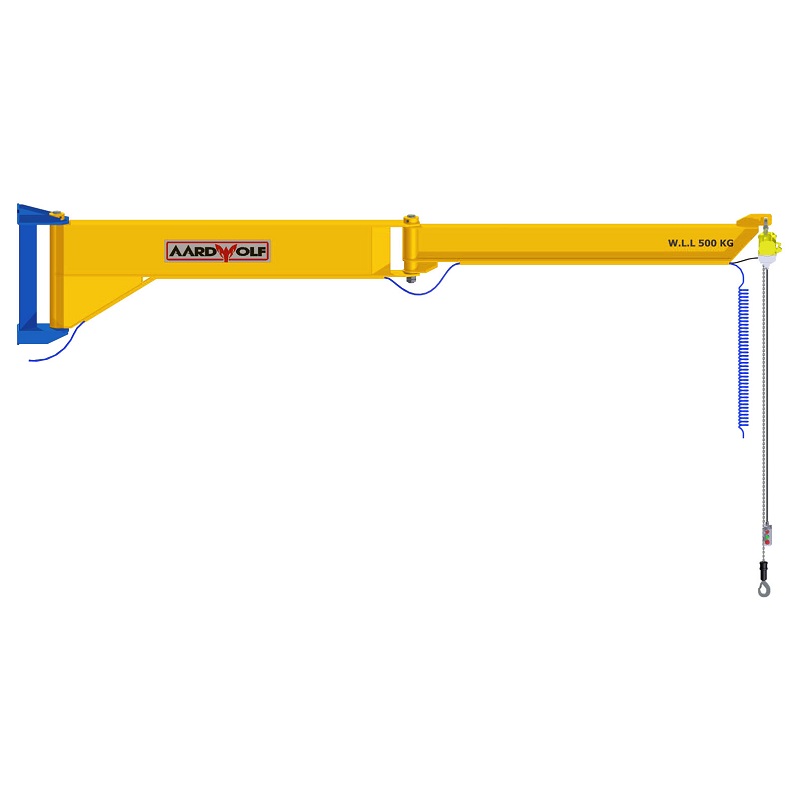
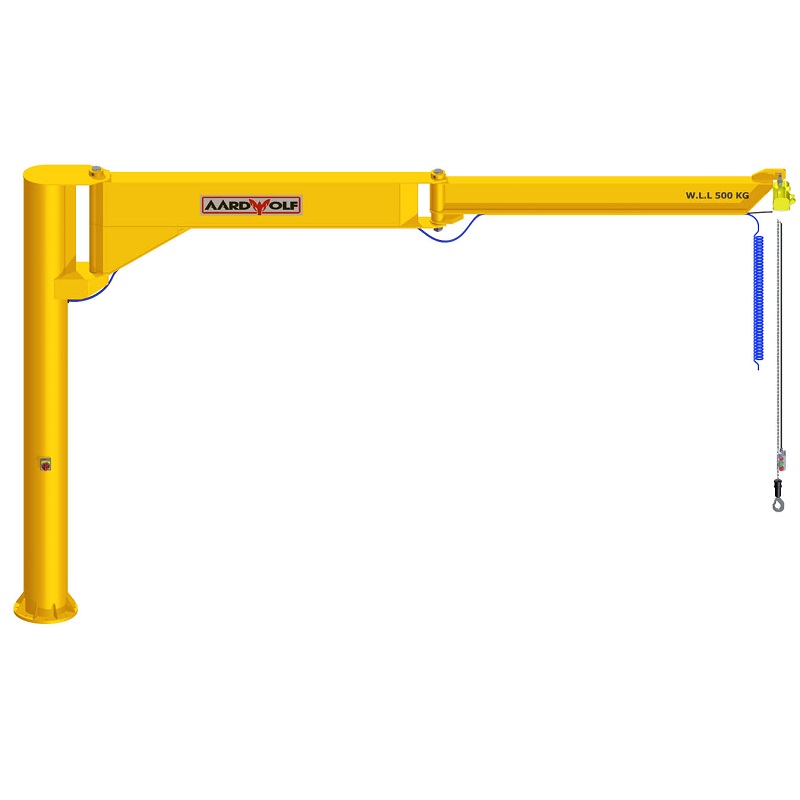

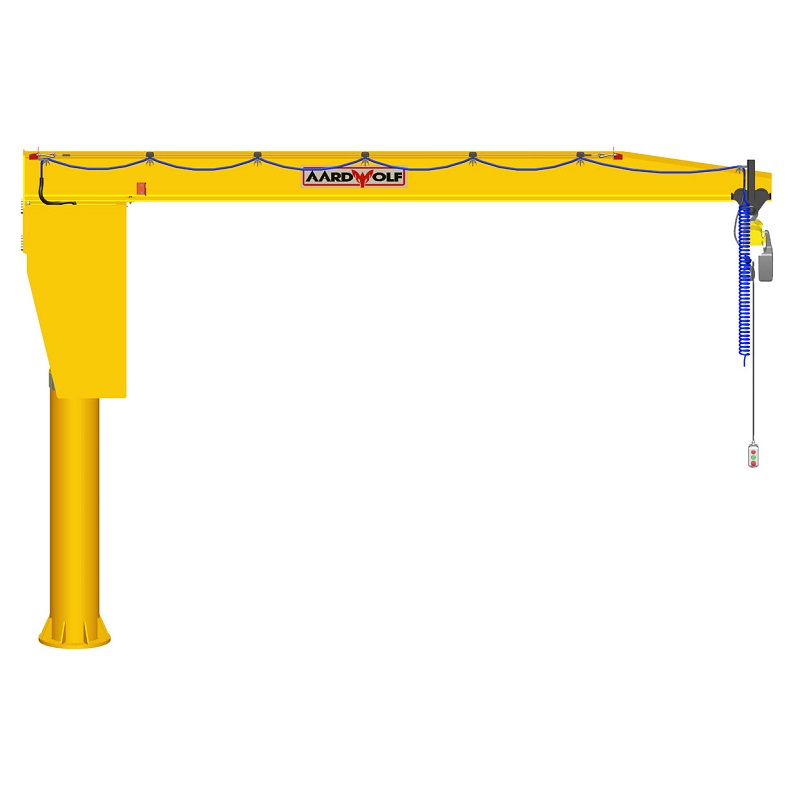

Please log in to leave a comment.